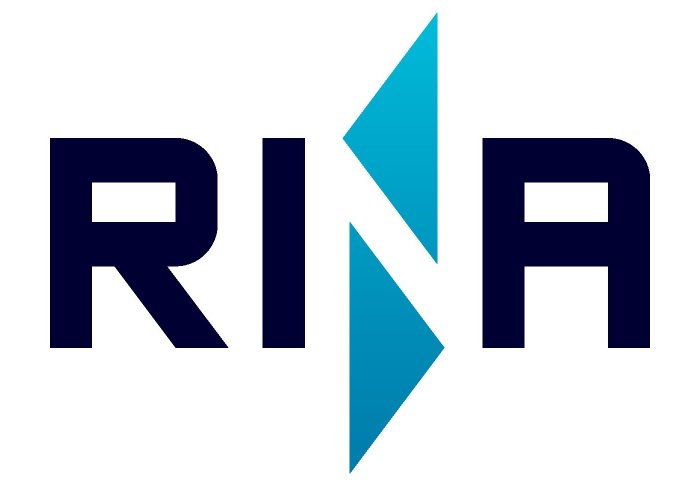Didactic organization of faculty
The faculty adopts the ECTS credits system.
Course organization
Each credit corresponds to 7.2 hours of lessons.
Some of the 10 credits courses are divided into two units of 5 credits each. Some of the 12 credits courses are divided into two units of 6 credits each. Students can take the units separately or together, according to their study programme.
Although course attendance for both undergraduate and postgraduate programmes by law is not compulsory for students, it is strongly advised by the Faculty not only for lectures, but also for lessons of a more practical nature. Given the high number of students enrolled in the first and second years, two or three parallel courses for the same subject are being offered by the Faculty. Students are enrolled for each parallel course according to the initial letter of their surnames (for instance A-E, F-O and P-Z in the case of three parallel courses).
Examinations
Examinations can be held either in written or oral form or a combination of both. Students should see course descriptions for details and contact the course professor for information regarding assessment criteria.
The winter, summer, and autumn exam sessions are divided into sub-sessions called Appelli. In accordance with regulations governing their study plans, students can choose to sit their exams on the appello of their choice..
In order to be admitted to an examination, students need to enrol on special signup lists for each exam.. At the beginning of each exam a roll call will be held and students will be given a general idea of the time their examination will take place during the day. Foreign students will be issued with an identification number by the staff at the Computer Centre which gives them access to the Faculty computer facilities to sign up for examinations.
Upon admission to the Faculty of Economics "Giorgio Fuà" the Office of External Affairs will issue foreign students with a personal record booklet which students must carry with them when they take their oral and written exams. Once they have completed their studies at the Faculty they are obliged to hand it in to the Office of External Affairs so that the results can be recorded in their University transcripts.
Modern Languages
The Ministry of Education has made the study of two foreign European languages obligatory in all undergraduate programmes and, therefore, students should take two different types of examinations depending on whether the languages chosen are a first foreign language or second foreign language option.
After taking appropriate placement tests students will be directed to different preparatory courses according to their level. The language courses are organized and taught by language teachers from the Department of Social Sciences and by assistant teachers at the CSAL.
Students enrolled in the undergraduate major in Economics and International Trade and in the Master’s Degree Curriculum in International Economics and Business are required to attend the First Foreign Language (advanced) course in preparation of the International Language Certificate examination (FCE or equivalent for other European languages).
International language certificates: Students that have an international language certificate can ask that it be recognised and that credit be attributed by the Registrar's Office of the Faculty. The Faculty is now the seat of various international certificates. (See the Multimedia Language Centre).
Internships
Students can choose internships as Student Option. They last no more than six months and a written report is usually presented on completion. If the report is approved the relative credits are awarded. The Faculty helps students to find companies that offer internships The projects are monitored by appointed professors.
In-service training
In-service training is part of the required curriculum for a degree in Social Work. The number of credits attributed depend on the length of the training sessions and the workload required during the training.
Final Report (undergraduate programmes)
Once students have 177 credits they are obliged to hand in a final report in order to fulfil their requirements for their degree.
Thesis (Master’s programmes)
Students in postgraduate programmes must write a dissertation (21 credits) in the second semester of the second year of studies or, in any case, on completion of their examinations. The thesis is discussed in front of an academic committee that takes into accout its quality, the student’s record and then assigns the final grade.
Quality Monitoring
In order to maintain the didactic activity efficient and well focused constant checks and assessments are required. The Faculty is well-aware of this and therefore it attributes particular importance to students opinions which are gathered and analysed with appropriate methodologies. Students are invited to dedicate their undivided attention to filling out the questionnaire where they can express their viewpoints without constraints. Every year the Dean, assisted by the Didactic Committee, carries out two principal surveys:
- an evaluation of courses offered;
- an evaluation of study programmes.

